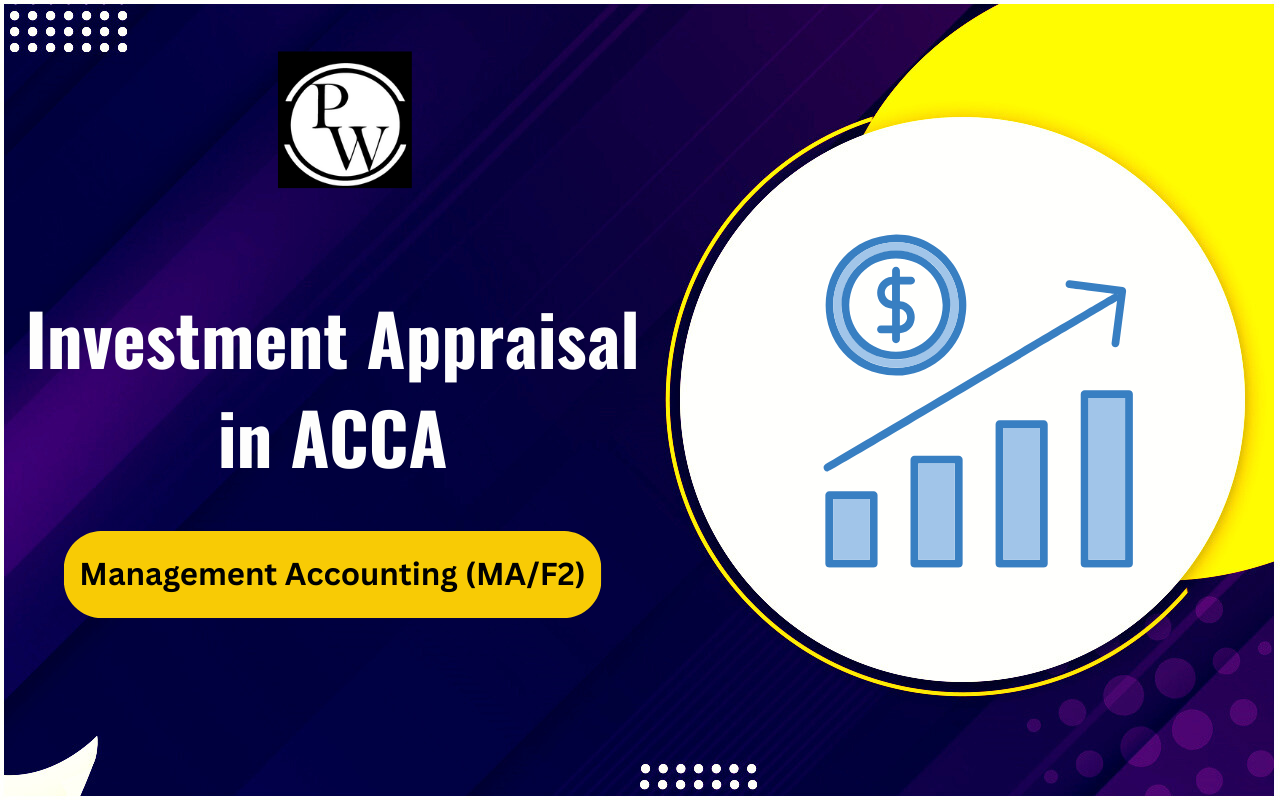
In CA Foundation preparation, one of the most significant topics that students often find tricky is Bonus and Rights Shares. Both these concepts play a critical role in corporate finance and accounting, making it essential for aspiring Chartered Accountants to grasp them effectively.
This article will simplify these complex terms, providing a clear understanding and helping you prepare better for your CA Foundation exam. Let’s delve deeper into the differences, accounting treatment, and practical relevance of Bonus and Rights Shares in the corporate world.What are Bonus Shares?
Bonus shares are additional shares issued by a company to its existing shareholders without any extra cost, based on the number of shares that a shareholder already holds. They are often seen as a way for companies to reward their shareholders, instead of paying dividends in cash. From an accounting perspective, bonus shares are issued by capitalizing the company’s reserves. This means the company uses its accumulated profits or reserves to distribute these shares. It is important to understand that issuing bonus shares does not affect the company's cash flow or total market capitalization; instead, it just increases the number of shares in circulation, thus reducing the value per share. For CA students, knowing how to record bonus shares in the books and the rationale behind issuing them is crucial for exam preparation. Bonus and Rights Shares can often be a part of theoretical questions in CA Foundation exam , where you may need to discuss their importance and effects on company valuation.
What are Rights Shares?
Rights shares are shares issued by a company to its existing shareholders at a discounted price, giving them the right to buy additional shares before the company offers them to the general public. Unlike bonus shares, rights shares require shareholders to pay for the new shares, although at a price usually below the market value. The issuance of rights shares is often a way for companies to raise additional capital without borrowing. Rights shares allow existing shareholders to maintain their proportional ownership in the company and take advantage of a lower purchase price. From an accounting standpoint, rights shares result in an inflow of cash for the company and need to be properly recorded under equity and the shareholder's section. For CA Foundation students, understanding the difference between Bonus and Rights Shares and how they are treated differently in accounting is fundamental to mastering this part of the syllabus.Differences Between Bonus and Rights Shares
When preparing for the CA Foundation exam, one of the key aspects to focus on is the difference between Bonus and Rights Shares. Though both involve issuing additional shares, they serve different purposes and have distinct accounting treatments. Let's explore their differences in more detail:Purpose:
Bonus shares are issued to reward existing shareholders, while rights shares are issued to raise new capital.Cost to Shareholders:
Bonus shares are free for shareholders; no additional payment is required. Rights shares, on the other hand, are offered at a discounted price, and shareholders must pay for them if they wish to purchase the new shares.Impact on Reserves:
Bonus shares are issued by capitalizing a company’s reserves, which reduces the retained earnings or free reserves. In contrast, rights shares bring in new funds for the company, adding to the share capital.Cash Flow:
Bonus shares have no impact on the company’s cash flow as they are given out free of cost. Rights shares lead to cash inflow as shareholders pay to acquire the additional shares.Effect on Share Price:
The issuance of bonus shares increases the total number of shares, reducing the price per share but not affecting the overall market capitalization. Rights shares may temporarily lower the market value due to the discounted price, but they usually boost investor confidence, leading to potential long-term gains. Understanding these differences will not only prepare you for theoretical questions in the exam but also help you solve practical accounting problems involving the treatment of Bonus and Rights Shares.Also Read: CA Foundation Quantitative Aptitude Probability
Why Understanding Bonus and Rights Shares is Crucial for CA Foundation?
The concepts of Bonus and Rights Shares are not just theoretical, they have real-world applications that every aspiring CA needs to understand. The following are the reasons why mastering these concepts is essential for your CA Foundation journey:Exam Relevance:
Bonus and Rights Shares are important topics frequently tested in the CA Foundation Accounts paper. These concepts are often included in theoretical questions as well as practical problems, making them indispensable for a well-rounded preparation.Corporate Finance Applications:
In the corporate world, understanding how companies raise capital and reward shareholders is critical. Many Chartered Accountants work in roles where they deal with corporate finance, and knowing how to handle Bonus and Rights Shares is a key part of that responsibility.Practical Scenarios in Case Studies:
Case studies in exams may require you to apply these concepts in real-world scenarios. Understanding the accounting treatment, journal entries, and financial impact of Bonus and Rights Shares will help you excel in these case studies and scenarios.Building Strong Financial Expertise:
Bonus and rights shares impact a company's equity structure, shareholder wealth, and overall financial health. As a future CA, having a solid grasp on how to manage these shares will give you an edge in your professional career. For comprehensive guidance in your CA Foundation preparation, consider enrolling in PW CA Foundation Courses. PW’s expert faculty and well-structured study materials are designed to help you succeed in the competitive CA exams. Take the first step towards your CA career with PW!| Also Check | |
| Behavioural Finance | Securities Laws and Regulations |
| International Financial Management | Life Cycle Costing |
| Capital Gains Tax | Budgetary Control |
CA Foundation Accounts Bonus and Rights Shares FAQs
What are bonus shares?
Bonus shares are additional shares given to existing shareholders for free, based on their current holdings.
What are rights shares?
Rights shares are offered to existing shareholders at a discounted price, allowing them to buy more shares before the public.
How do bonus shares affect the share price?
Bonus shares increase the number of shares, reducing the price per share without affecting the company’s total market capitalization.
What is the main difference between bonus and rights shares?
Bonus shares are free for shareholders, while rights shares are bought at a discounted price.
Talk to a counsellorHave doubts? Our support team will be happy to assist you!

Check out these Related Articles
Free Learning Resources
PW Books
Notes (Class 10-12)
PW Study Materials
Notes (Class 6-9)
Ncert Solutions
Govt Exams
Class 6th to 12th Online Courses
Govt Job Exams Courses
UPSC Coaching
Defence Exam Coaching
Gate Exam Coaching
Other Exams
Know about Physics Wallah
Physics Wallah is an Indian edtech platform that provides accessible & comprehensive learning experiences to students from Class 6th to postgraduate level. We also provide extensive NCERT solutions, sample paper, NEET, JEE Mains, BITSAT previous year papers & more such resources to students. Physics Wallah also caters to over 3.5 million registered students and over 78 lakh+ Youtube subscribers with 4.8 rating on its app.
We Stand Out because
We provide students with intensive courses with India’s qualified & experienced faculties & mentors. PW strives to make the learning experience comprehensive and accessible for students of all sections of society. We believe in empowering every single student who couldn't dream of a good career in engineering and medical field earlier.
Our Key Focus Areas
Physics Wallah's main focus is to make the learning experience as economical as possible for all students. With our affordable courses like Lakshya, Udaan and Arjuna and many others, we have been able to provide a platform for lakhs of aspirants. From providing Chemistry, Maths, Physics formula to giving e-books of eminent authors like RD Sharma, RS Aggarwal and Lakhmir Singh, PW focuses on every single student's need for preparation.
What Makes Us Different
Physics Wallah strives to develop a comprehensive pedagogical structure for students, where they get a state-of-the-art learning experience with study material and resources. Apart from catering students preparing for JEE Mains and NEET, PW also provides study material for each state board like Uttar Pradesh, Bihar, and others
Copyright © 2025 Physicswallah Limited All rights reserved.
Get App







